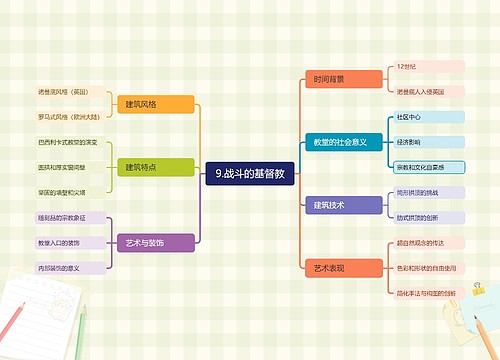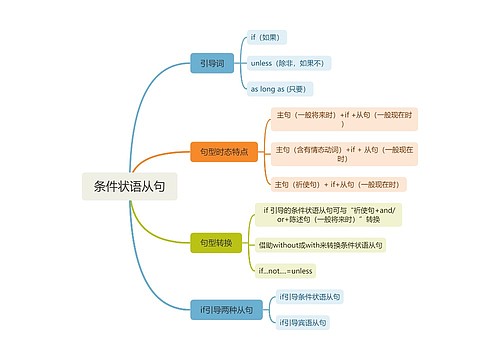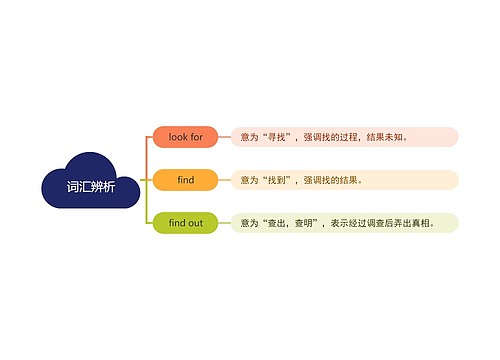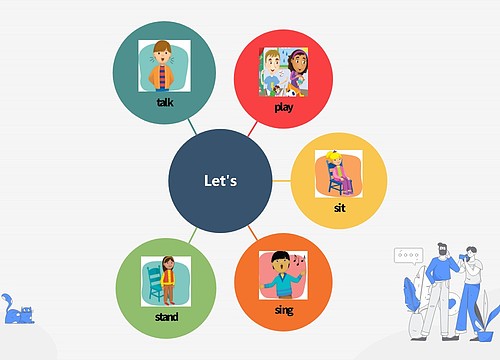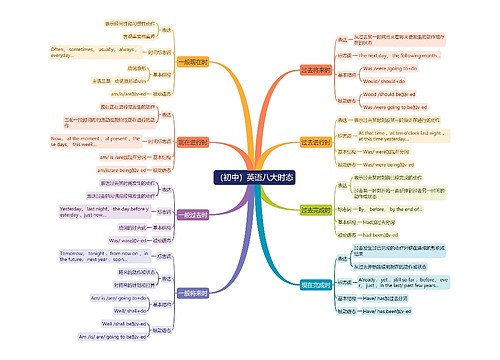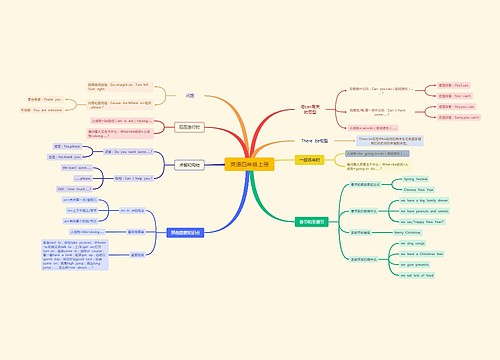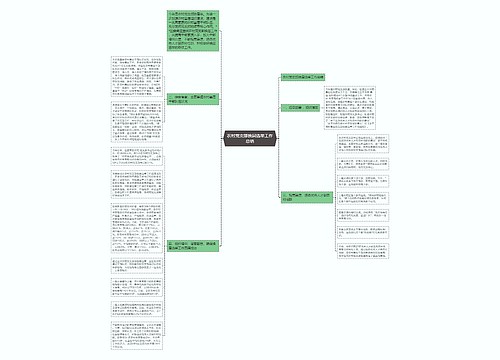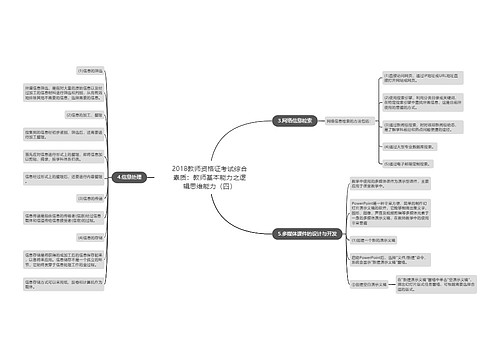1、 常见的情态动词有:can (could), may (might), must, shall (should), will (would), dare (dared), need等,另外,have to、had better也当作情态动词使用。情态动词后面必须加动词的原形。
2、 can表示体力、脑力方面的能力或客观的可能性。口语中, 在询问或说明一件事可不可以做时,常用“can”代替“may”。情态动词“can”的过去式是“could”,否定式“cannot”通常缩写成“can’t”,“could”的否定式是“could not”,通常缩写成“couldn’t”。
3、 may表示允许、请求或可能性,用may提问时,肯定回答一般用Certainly或Yes, you may.;否定回答一般用can’t或mustn’t。
例如:
—May I ask you a question?
It may be in your pocket.
4、 must表示“必须”、“一定”的意思。表示“必须”时否定形式是mustn’t;表示“一定”时,否定形式是“can’t”。
例如:
We must be very careful when we cross the road.
I haven’t seen Kate today. She can’t be here.
用must(必须)进行提问时,肯定回答用must,否定回答用needn’t;用must(一定)进行提问时,肯定回答仍用must,但是否定回答用can’t。
例如:
—Must we clean the room before we leave?
—Yes, you must. / No, you needn’t.
—Must she be in the room?
—Yes, she must. / No, she can’t.
5、“have to”表示“不得不”、“必须”。have to的疑问形式是:助动词+…+have to,否定形式是:助动词+not+have to或者用needn’t。
例如:
Do you have to stay until 8 o’clock?
You don’t have to do so. (=You needn’t do so.)
6、 shall在问句中,可表示征求对方意见,与第一人称连用;在陈述句的第二、三人称的主语后或表示“命令”、“警告”、“允许”等。
例如:
Shall we go to the zoo this weekend?
He shall bring his own book next time.
7、 should可表示“劝告”、“建议”、“惊奇”等意思。
例如:
We should speak to old people politely.
8、 will表示“意愿”、“决心”等意思,一般与第二人称连用。
例如:
Will you please close the door for me?
I will teach you a lesson.
9、would表示过去的“意愿”、“决心”等。例如:
He would sit near the fire every time he returned home.
would也可以表示现在的情况,表达说话人向对方提出的要求,语气比“will”婉转、客气。在日常会话中,“我想要…”通常用“I would like to”来表示。
例如:
Would you like to have a rest at the moment?
would还可以表示过去经常发生的事情。例如:
Every year parents would tell their children about the boy who would save his people.
每一年父母们总是向孩子们讲述这个将会拯救他的人民的男孩的事。
10、 need表示“需要”,用于疑问句或否定句。“need”作实义动词时,在肯定、否定、疑问句中都可以用。
例如:
He needn’t do it in such a hurry.
He doesn’t need to bring his football socks then.
11、dare是“敢”的意思,用法几乎与“need”完全相同,即在疑问句和否定句中,可以作情态动词,后面用不带“to”的动词不定式。在肯定句中和实义动词一样,后面的动词不定式要带“to”。
例如:
How dare you say I am a fool?
He didn’t dare to touch the red button.
12、 had better do 意为“最好做”,通常缩写为“’d better not ”一般也当作情态动词使用,否定式是’d better not do。
例如:
You’d better sit here and say nothing.
You’d better not speak because he is sleeping.
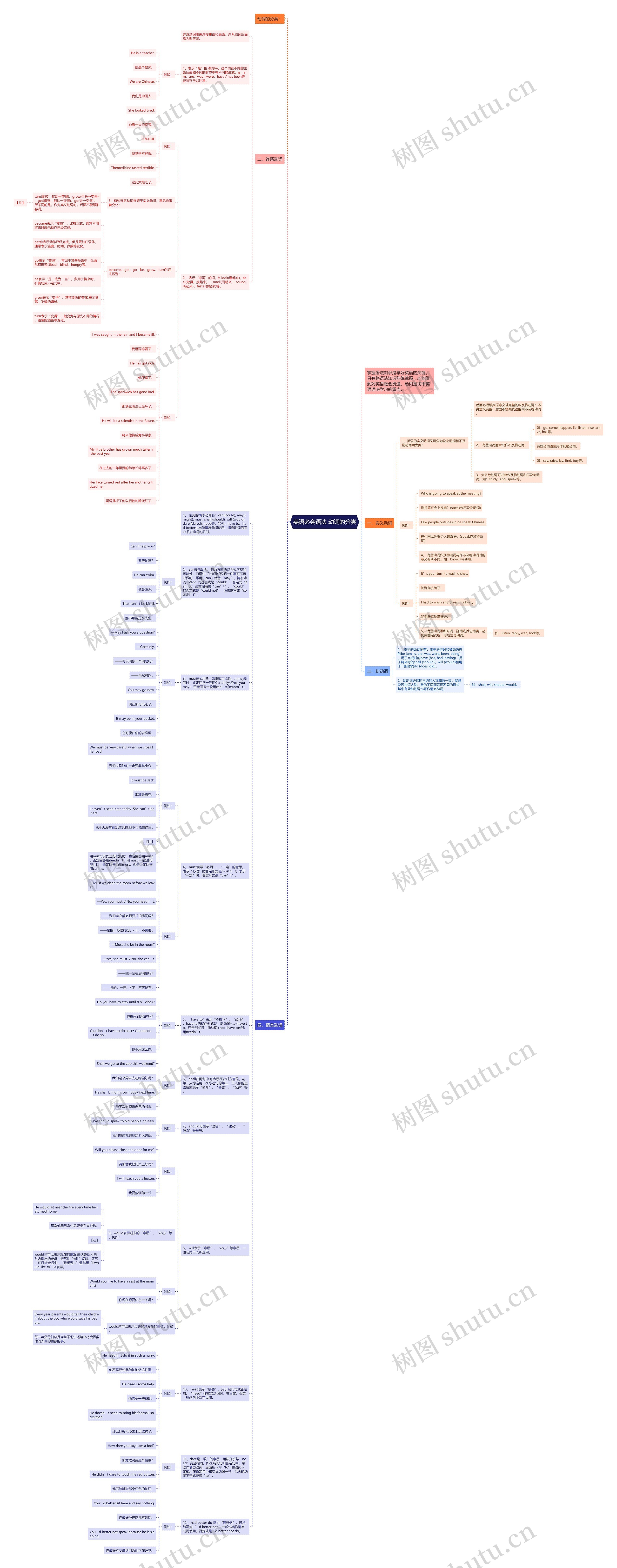
 U633687664
U633687664
 U582679646
U582679646